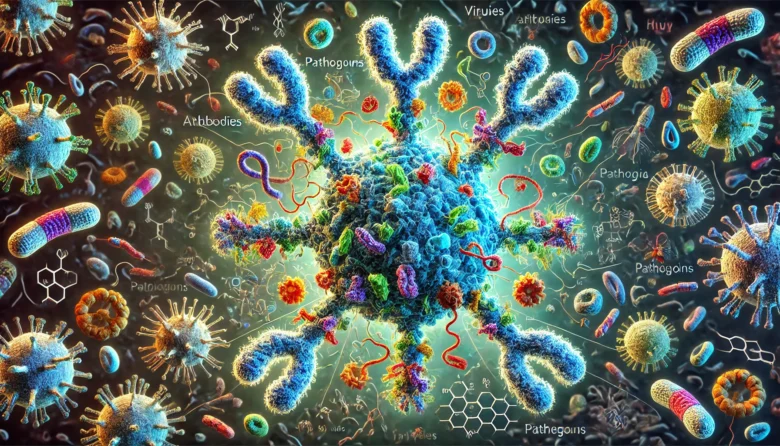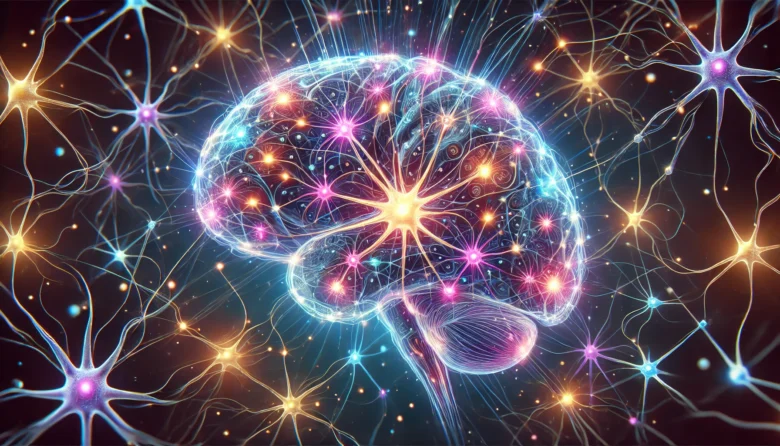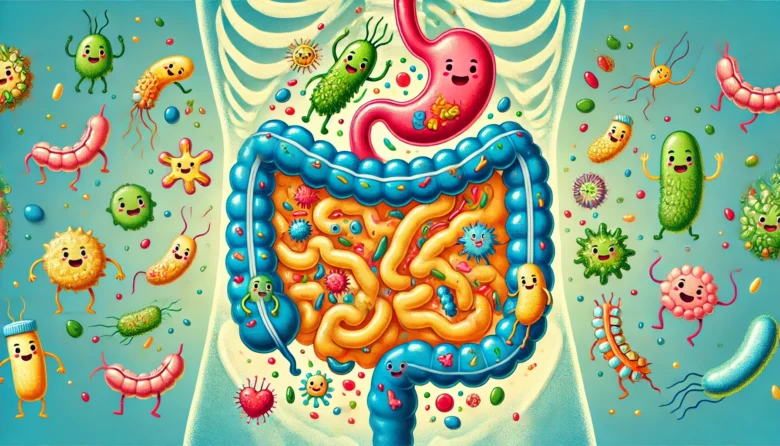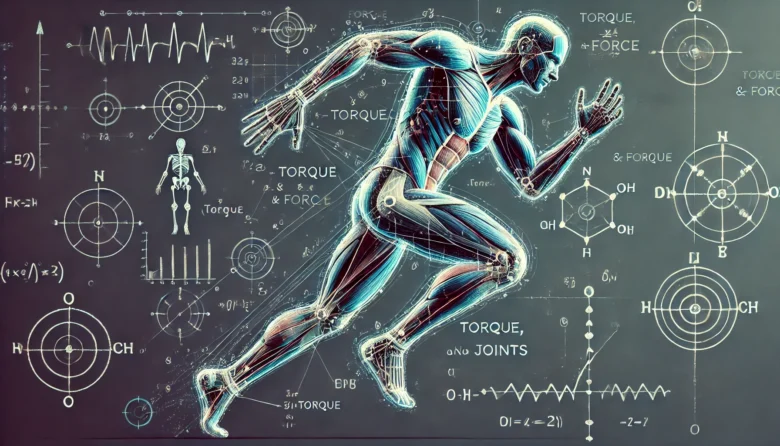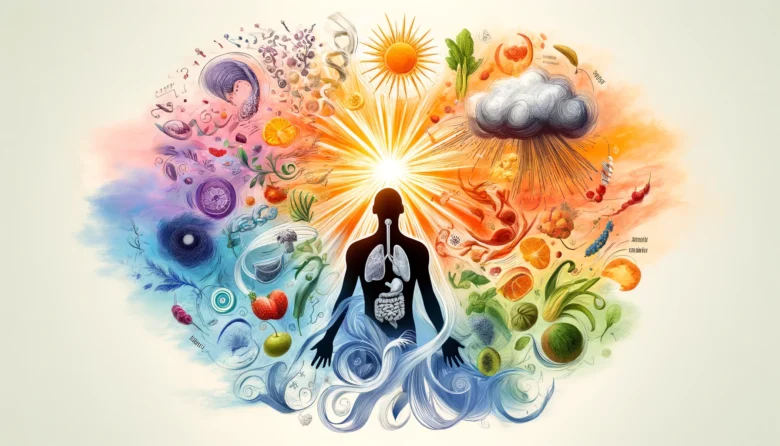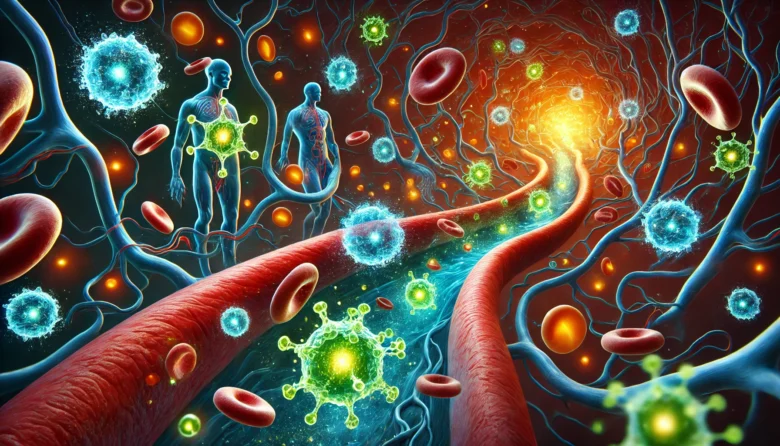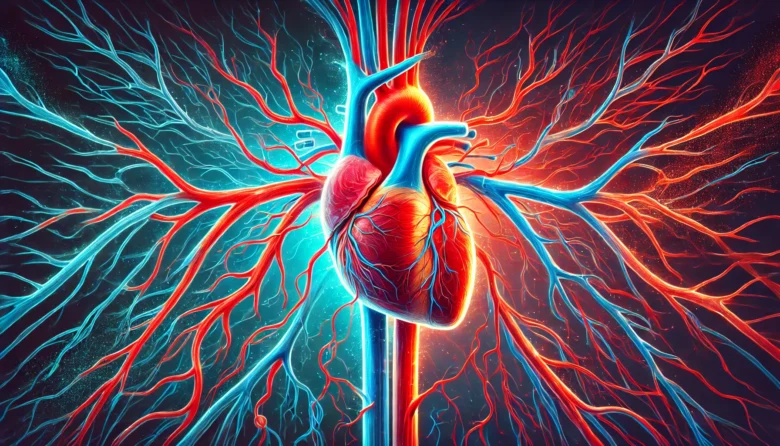Our immune system is like a complex, highly organized army that protects our body from harmful invaders. At the heart of this defense system are molecules known as antibodies, which play a critical role in identifying and neutralizing threats like viruses and bacteria. Understanding the chemistry of antibodies and immune responses offers fascinating insights into …
Month: October 2024
Imagine your brain as a vast and intricate network of highways where cars zoom by, delivering information to various destinations. This network helps you think, move, feel, and even dream. But what powers this remarkable system? It’s something called neural networks. The role of neural networks in brain function is as vital as the engine …
Human reproduction is one of the most awe-inspiring processes in biology, representing the continuation of life itself. Understanding the science of human reproduction—from the moment of fertilization to the birth of a baby—can give us insights into the incredible journey that every person experiences even before entering the world. In this blog, we’ll dive into …
Have you ever thought about how your body transforms the food you consume into the energy and nutrients that power your daily activities? It’s a fascinating process that involves both biology and chemistry. In this blog, we’re diving into The Chemistry of Nutrient Absorption in the Gut, a subject that plays a vital role in …
Have you ever thought about how your body moves? Whether you’re lifting weights, running, or even typing on a keyboard, every action is powered by a complex system involving both biology and physics. This blog will explore The Physics of Muscular Contraction and Movement, explaining how forces, energy, and motion come together to make even …
In recent years, scientists and health professionals alike have been intrigued by a fascinating question: Why do identical twins, who share the same genetic code, sometimes develop different traits or health conditions? The answer lies in gene expression, influenced by environmental factors. This blog will explore how our surroundings can affect the way our genes …
Vaccines have long been one of the most effective ways to prevent diseases, keeping us safe from illnesses that once devastated populations. But how do these small injections work to protect us on such a massive scale? This blog will take you through the fascinating science behind vaccines and explain how they help keep our …
Space travel has long been a fascinating subject, filled with dreams of exploration, but it also presents many challenges. One of the biggest hurdles in long-distance space journeys is food supply. Recent research suggests that asteroids may offer an unexpected solution—space travellers could use asteroids to create food! Imagine astronauts turning space rocks into biological …
Hormones are the body’s chemical messengers, playing a key role in regulating almost every bodily function. From your mood swings to how your body digests food, hormones are constantly working behind the scenes. But what exactly are hormones, and how do they affect our daily lives? In this blog, we’ll dive into the chemistry of …
The Physics of Blood Circulation: How Pressure, Viscosity, and Flow Keep Us Alive
Ever wondered what keeps you alive every single second of your life? It’s not just the food you eat or the air you breathe; it’s your blood, constantly circulating throughout your body. But there’s more to it than just pumping blood. The physics of blood circulation plays a critical role in making sure every cell …

